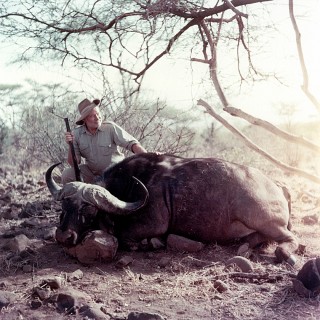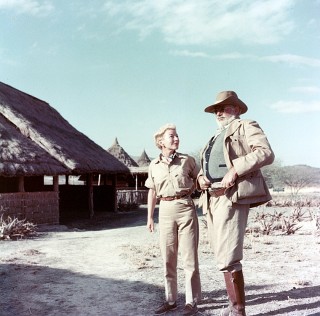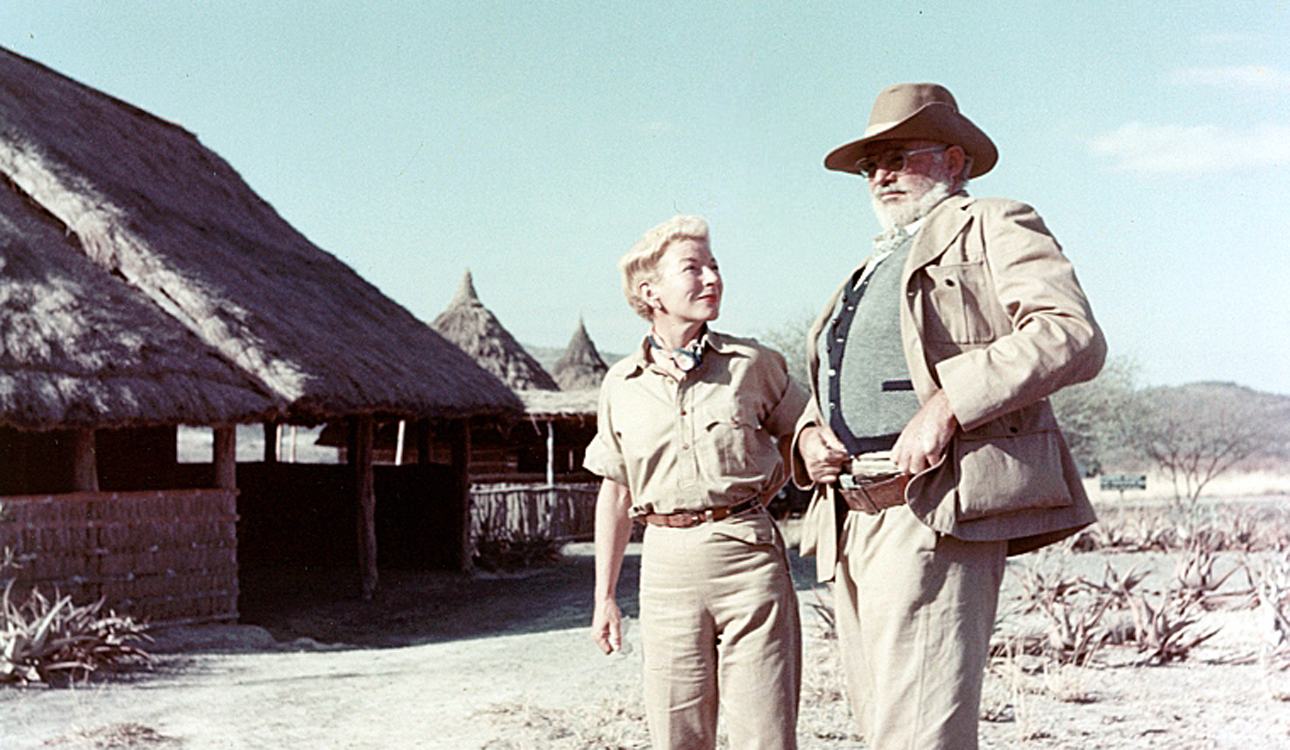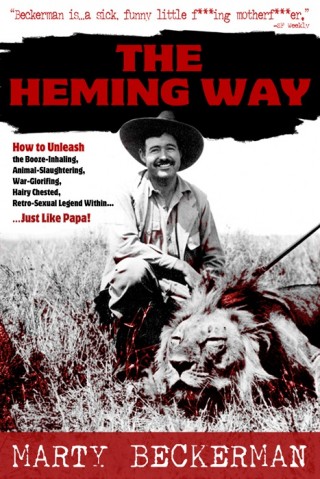By Joshua Madden
A&E Editor
Manliness, ladies and gentlemen, is under attack. Or at least that’s what Marty Beckerman argues in his satirical “The Heming Way” in which he advises that today’s men need to start living “the Heming Way.”
Acknowledged as a brilliant writer, Ernest Hemingway is almost as admired for the way he led his life. He spent large periods of time in Africa hunting large animals, documented in the non-fiction “Green Hills of Africa.” Some have said that his lifestyle was the epitome of what a man’s life could be.
Marty Beckerman explores this idea in his book “The Heming Way”, but he does so from a satirical perspective. Echoing the writing style of George Ouzounian (who is better known as “Maddox”, the creator of “The Best Page in the Universe” and author of “The Alphabet of Manliness”) rather than Hemingway, Beckerman spends the book criticizing Hemingway as much, if not more, than he admires him.
“The Heming Way” is written as a humorous self-help book. Beckerman looks at Hemingway in a different way than most everyone else, focusing less on the success of his literary career and he instead takes the chance to find humor in his personal life.

Courtesy Photo
Readers will likely have trouble disagreeing with some of Beckerman’s thinly veiled conclusions. When one takes Hemingway’s philosophy of life to its logical conclusion, it is not a lifestyle that should necessarily be admired, Beckerman implies. In fact, it is a lifestyle that often falls short from the values that are spoken so highly of in his literary works.
This is the idea that Beckerman seeks to reveal to the reader – one who, much like myself, likely picked up the book at least partially because of an interest in Ernest Hemingway. It is clear that Beckerman himself has an admiration for, or at least an interest in, Hemingway and his writing. The book, although humorous, is filled with quotes about or by Hemingway. For a satirical work, it is remarkably well-researched and thought out.
It would be difficult to find isolated quotes to cite from the book, partially because they all fit into a larger context and partially because a great deal of the laughs from the book are as a result of its crude humor.
I do not say this disparagingly – there are elements of Hemingway’s life that were quite crude and Beckerman is well within his rights to explore them – but it does mean that this book’s audience should be limited. Even those who have found a great deal of enjoyment out of Hemingway’s literary works may struggle to enjoy “The Heming Way”, but the reverse is also true. Many people who have tried to read “A Farewell to Arms” and found it too dry may find that “The Heming Way” is the perfect way to delve into an exploration of Hemingway and his life.

Courtesy Photo
The main criticism of this book, however, needs to take into account that “The Heming Way” is quite short. At 90 print pages, “The Heming Way” is likely significantly shorter than Ted Kaczynski’s “Industrial Society and Its Future” (more commonly known as “The Unabomber Manifesto” – Beckerman’s work does succeed in avoiding a pitfall in which similar books often stumble into. Satirical works often go on too long, to the point where they are no longer funny.
When I finished reading the book, I wanted to read more, but since the book is only $2.99 for a Kindle edition, it is hard to complain.
Ultimately, because of the relatively minimal cost in terms of both time and money and the sheer novelty of what the book strives to do, I would highly recommend that readers pick up a copy.
Reviews in the Baylor Lariat represent only the viewpoint of the reviewer and not necessarily those of the rest of the staff or Baylor University.







